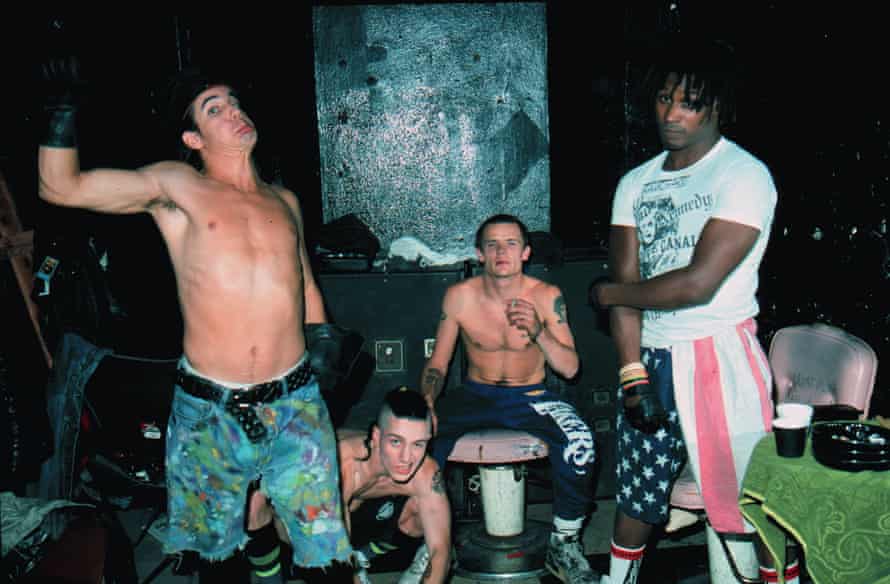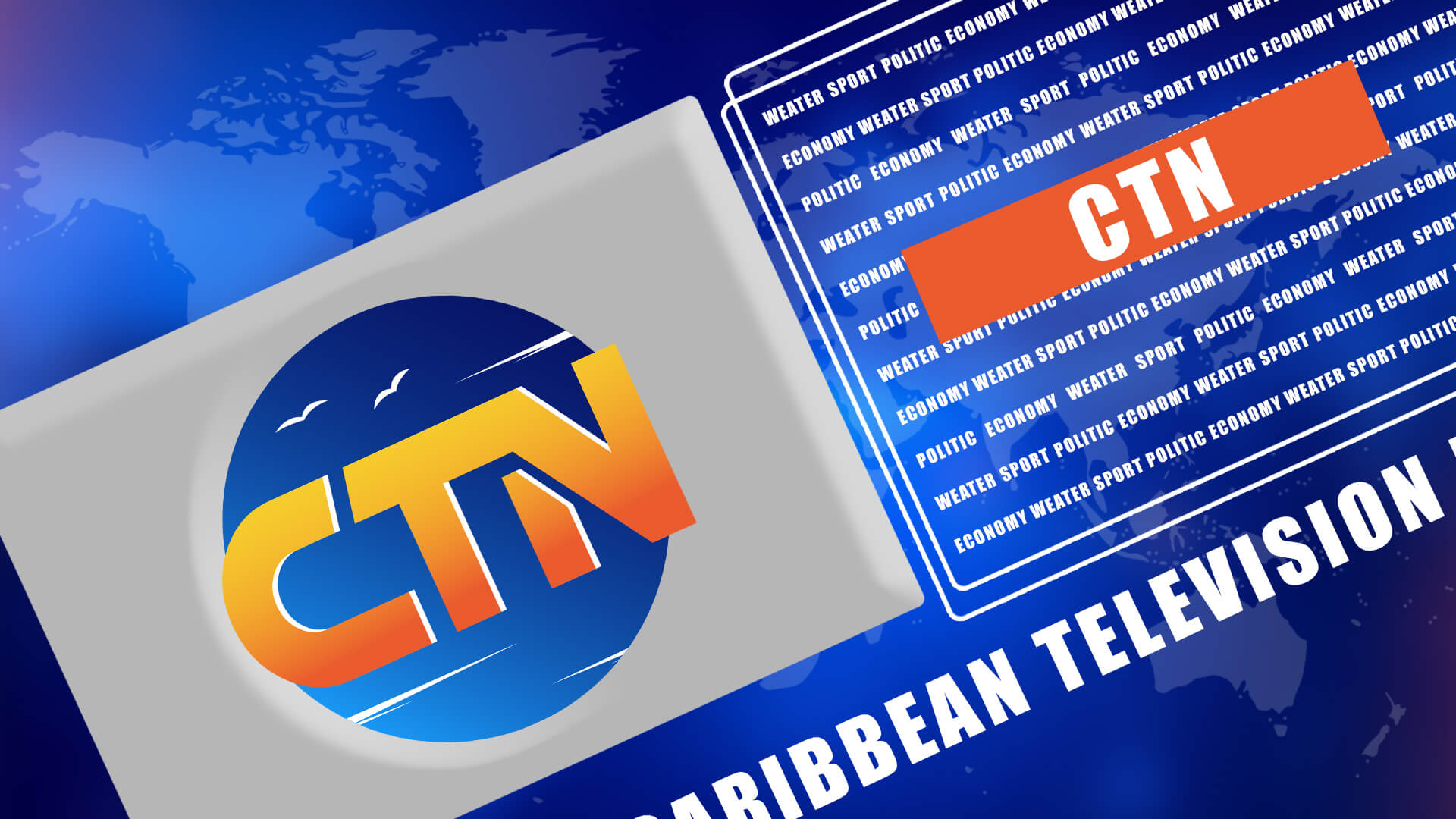If there was any doubt to how massive the Red Hot Chili Peppers still are, last month they got a star on the Hollywood Walk of Fame, on the very streets they used to stalk as teenage punks. Here in Los Angeles, they are everywhere. In a bodega on Melrose Avenue, amid the lingerie shops and trash-filled lots, the city’s unofficial theme tune wafts out of the speakers: “First born unicorn / Hardcore soft porn / Dream of Californ-i-cay-tioooon”. I half expect Flea and Anthony Kiedis to wander in, long-haired and bare-chested; those teenagers who ended up in one of the world’s most enduring bands.
It’s not quite the meet-cute I had imagined, then, when I finally see them in the pixellated flesh on separate Zooms and one phone call: drummer Chad Smith in his home office, bassist Flea in his home cinema and frontman Kiedis dialling in from the warehouse where the band is rehearsing for a stadium tour. There is a new album, Unlimited Love, their 12th – significant because it’s the first in nearly two decades with guitarist John Frusciante back in the fold, but also because the band has survived for 39 years without resorting to a breakup and reunion. “I thought we’d implode at some point, like most bands do,” says Smith.
They have had a fair go, what with the drug hell and lineup changes. The last time this lineup was together was in the mid-00s. Californication – their 1999 ground zero, my most-worn cassette – had sold 15m, follow-up By the Way included huge singles, and their 2006 double album, Stadium Arcadium, was a US No 1. Critics said it was either the best thing they had ever done or that it failed to harmonise their two sides: edgy funk-rap mavericks and radio-friendly pop-rockers. Frusciante quietly left soon after. Although it was for less dramatic reasons than the first time, in 1992, when he was shooting so much heroin that his teeth fell out.








